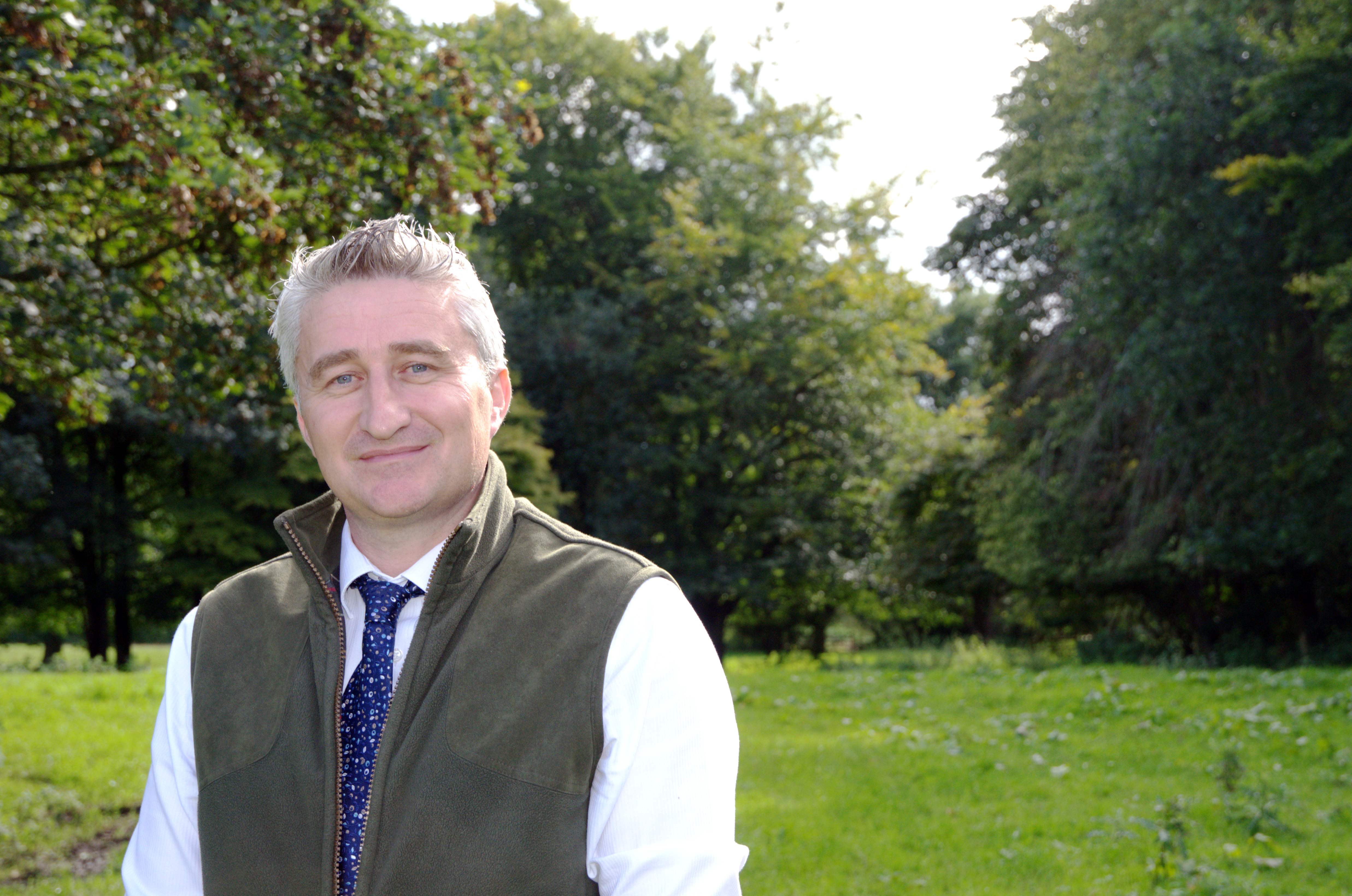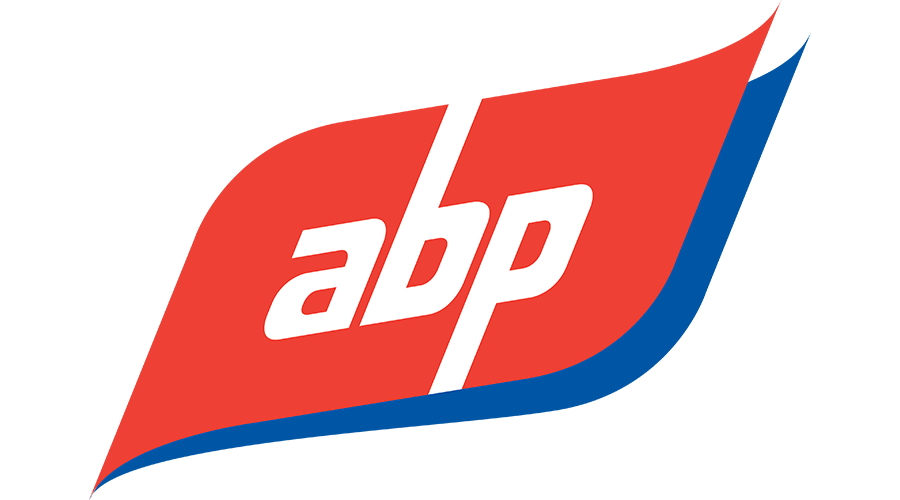ABP Food Group has announced that it has joined the Harper Adams School of Sustainable Food and Farming Delivery Partner Network. The school is at the forefront of the development of sustainable farming methods and also in exploring methods to help British farmers with their pathway to achieving net zero.
The partnership is in addition to ABP’s direct association with Harper Adams University, where the company sponsors the Professorship in Sustainable Beef and Lamb production. The post, which is held by Professor Jude Capper, is committed to leading the development of postgraduate research into sustainable meat production systems.
Professor Capper’s team is currently working with ABP’s research teams on the company’s Demonstration farm in Shropshire. The work initially focused on using a data-driven approach to improving the genetics available to the beef herd, so that beef animals grow faster by optimising their feed conversion ratio; and are therefore ready for slaughter at a younger age. The ultimate aim is to support the industry’s ambition of reducing emissions and demonstrate the industry’s climate credentials.
ABP is also working with 350 supplying farms to understand missions across a range of production systems through an innovative sustainability programme. Prism2030 will not only help farmers baseline their carbon footprint but also help to identify productivity improvements but also understand the carbon cycle on their own farm with professional tailored support from Harper Adams.
Commenting on the partnership, Phil Hambling, UK Head of CSR for ABP said: “We are committed to playing our part in helping our farmers become global leaders in the production of sustainable beef and lamb. Our existing projects with Harper Adams University are helping us with evidence to dispel some of the myths about beef and lamb’s carbon footprint but also showing how we can improve productivity and benefit farm business resilience. Our partnership approach with farmers and Harper will ensure that we can build on our early progress, demonstrate how we can continuously improve and celebrate the positive story that British agriculture has to offer.

